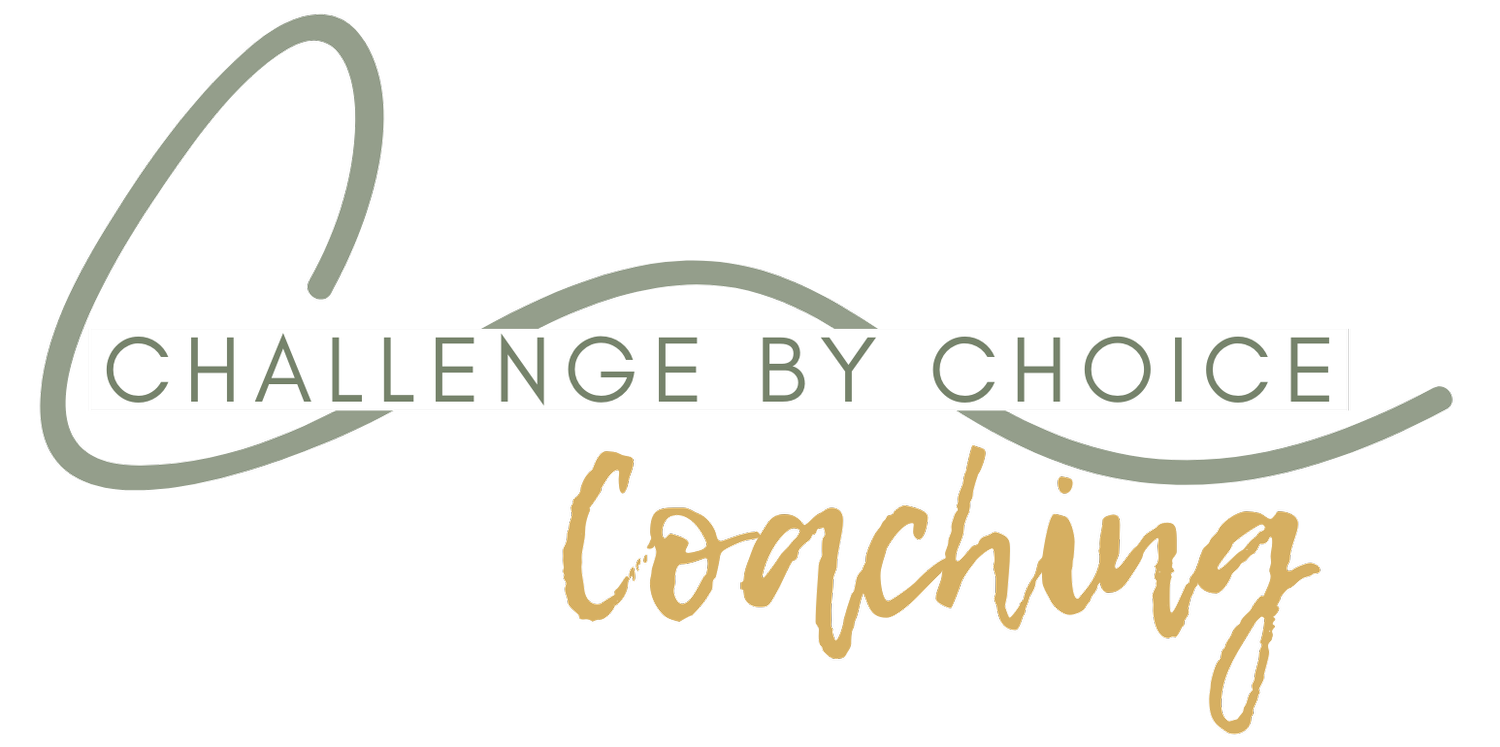Is “potentialing” a thing?
Have you ever taken a little time to observe the birds where you live? They face many challenges. They face predators, bad weather, and food shortages. Yet, birds not only overcome adversity, they thrive. Coaching can help you to develop resilience to overcome challenges you face in you own life through a unique paradigm.
So what does bring about thriving?
Abraham Maslow said, “It’s not always clear what a person wants when there’s a need for self-actualization.” Yet it helps when you start with certain assumptions to help reveal who you are. In the previous Journal entry, “What is coaching,” the assumptions by Kimsey-House et al. include being naturally whole, creative, resourceful, and relational. You are those things. Any coaching relationship you participate in should have those assumptions as a foundation (and what you will experience here with me). That assures that you will not be fixed. You will not be judged. Instead, you will be championed. You will be challenged. You’ll be guided with questions, activities, and assessments towards solving the complex issues you bring to the coaching session as well as bringing more optimism around your future. (Seligman).
The notion of human potential is generally associated with a fixed limit, a point at which our capabilities and growth cease.
In actuality, though, that notion of “potential” fails to capture the dynamic and ever-evolving nature of human existence.
We’re not static beings; we constantly learn, adapt, and expand our horizons. And that learning, adapting, and expanding doesn’t stop.
”Wait, it sounds like you’re saying I can’t reach my potential?” It does, doesn’t it? Yet, maybe there’s something better!
This ongoing process of growth and development suggests that our potential is not a fixed endpoint but rather a continuous journey of exploration and self-discovery. You don’t actually reach your potential. Instead, you reach a state of “potentialing.”
A state of potentialing.
Why can I say “potentialing” is a thing?
The concept of neuroplasticity, the brain's ability to adapt and change throughout life, explains that our brains are not rigid and unchangeable; they are constantly rewiring and forming new connections in response to our experiences and learning. This ability to adapt and grow allows us to acquire new skills, overcome challenges, and expand our understanding of the world around us. Our ability to form and grow deep connections with others, empathize with their experiences, and cultivate a sense of purpose and meaning in life are all integral aspects of potentialing. “A robust sense of self—one that allows a person to state confidently, ‘This is what I think and feel’ and “This is what is going on with me’—depends on a healthy and dynamic interplay among these areas.” (Van Der Kolk)
In addition, the book, "Coaching with the Brain in Mind" (Rock, Page), suggests that by understanding how our brains work, we can create an environment that fosters learning and development, and ultimately, helps us achieve perpetual potential.
Key points on perpetual potential:
Our brains can form new pathways, allowing us to learn and grow throughout our lives.
Our brains are designed for growth. We have an innate drive to learn and explore, and our brains are wired to reward us for new experiences and challenges.
Our choices and actions can shape our brains and influence our potential.
By understanding how your brain works, learning what brings thriving, and even engaging with a coach, you can create a life of continuous learning and growth, and ultimately, reach your potentialing self.
Let’s work together and see what thriving and potentialing looks like in your life!
Rock, David, 1967- & Page, Linda J., Ph. D. (2009). Coaching with the brain in mind : foundations for practice / David Rock, Linda J. Page. Hoboken, N.J. : Wiley
Seligman, Martin. (2002). Authentic happiness : using the new positive psychology to realize your potential for lasting fulfillment. Atria Paperback. New York.
Van Der Kolk, Bessel. (2014). The body keeps score : brain, mind, and body in the healing of trauma. Chap. 14, Language: miracle and tyranny. Penguin Books. New York.

